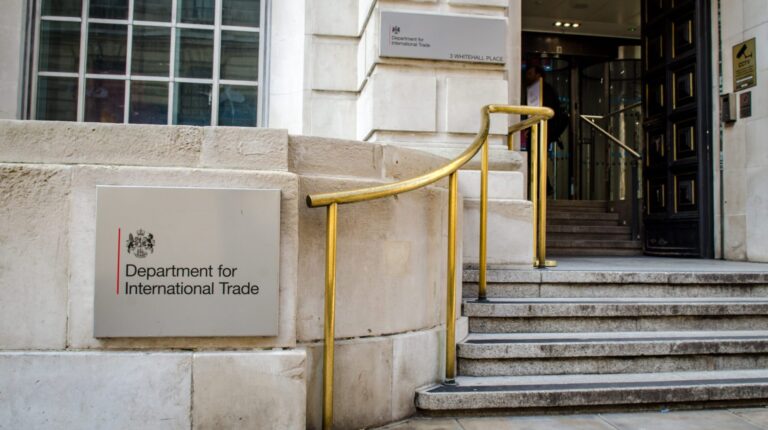Evri has called upon the UK government to help break down barriers for businesses to trade internationally, after a new study found that the UK economy faces a potential £40bn (US$53bn) hit due to costly and complicated international shipping processes.
The research, which forms part of Evri’s inaugural report into UK SMEs, found that 38% of SMEs reduced or stopped shipping internationally over the last five years, citing rising costs as a key factor. This reduction in exports could, the research says, cost the UK £40bn.
Furthermore, 15% of people surveyed said they lacked confidence in understanding the legalities around international shipping. This comes following changes to the exporting process in the last five years, significant national and global events such as Brexit, and the pandemic.
The report, based on the input from more than 500 British SMEs on factors affecting the industry, also found that over half (55%) believe that easier exporting to the EU would help the growth for their businesses.
Henry Cartwright, director of SME and OOH at Evri, said, “At Evri, we work with over 2,000 SMEs, and we witness firsthand the contribution they make to industry. Enabling businesses to explore routes into international markets presents a huge growth opportunity, often instrumental to their overall expansion.
“And with our own data highlighting a 62% increase in parcel volumes from our SME clients last year, we must not underestimate the financial impact that complicated exporting processes has on not only the individual businesses but also the wider UK economy.”
Evri points to the latest HMRC figures that reveal that SMEs accounted for around a quarter (25%) of the UK’s total export value as the company encourages to the government “to go further in its support of small business exports to the EU”.
While it acknowledges the introduction of the EU VAT e-commerce package introduced in July 2021 as a step toward simplifying some EU shipping processes, it says the costs associated with these changes are still proving to be a barrier.
Marco Forgione, director general of the Chartered Institute of Export and International Trade, revealed that research his organization had conducted with the Social Market Foundation had revealed that SMEs considering exporting to emerging markets were being dissuaded by regulatory complexity, transportation risks and payment reliability.
“Evri’s findings that two in five SMEs are reducing or stopping exporting are concerning, but not surprising,” Forgione said. “Feedback that the Chartered Institute of Export & International Trade hears from members consistently reflects that SMEs are struggling with issues such as access to finance, navigating uncertainty in policymaking and shifting regulatory goalposts.
“Having recently led the work of the E-Commerce Trade Commission, we agree with Evri’s conclusion that international marketplaces provide a significant growth opportunity for SMEs, as evidenced by the Commission’s own findings.”
Evri plans to share its findings with the Department for Business and Trade (DBT) as it calls on the UK government to leverage its improved relationship with the EU and enable parcel delivery companies to support SMEs in exporting by collecting VAT to supply directly to EU member states.
It will also write to the trade minister to outline how a more streamlined process, enabling businesses to tap into an existing pool of parcel carriers already operating within global markets, would enable SMEs to revisit international trading, and help fill the £40bn loss.
In related news, Spring GDS launches PDDP service that simplifies tariff and customs requirements for business shipping to the USA


